US and UK join boycott of UN talks to ban nuclear weapons
US ambassador says world is too unsafe to outlaw nuclear arms
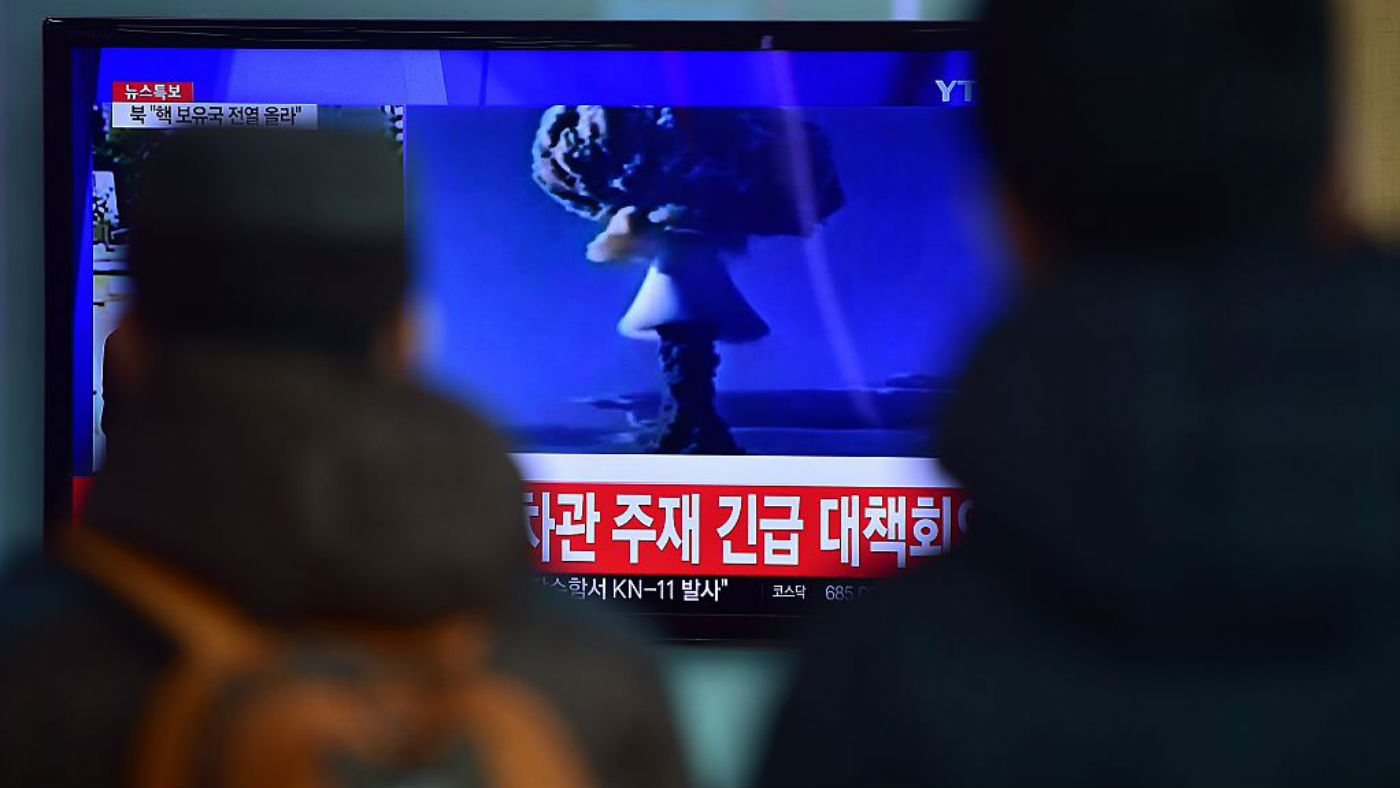
A free daily email with the biggest news stories of the day – and the best features from TheWeek.com
You are now subscribed
Your newsletter sign-up was successful
The US, the UK and France are among 40 countries that have boycotted United Nations talks on a worldwide nuclear weapons ban.
The US ambassador to the UN Nikki Haley says a ban is "unrealistic" because of "bad actors" who cannot be trusted, reports the BBC.
"There is nothing I want more from my family than a world with no nuclear weapons. But we have to be realistic. Is there anyone that believes that North Korea would agree to a ban on nuclear weapons?" she asked.
The Week
Escape your echo chamber. Get the facts behind the news, plus analysis from multiple perspectives.

Sign up for The Week's Free Newsletters
From our morning news briefing to a weekly Good News Newsletter, get the best of The Week delivered directly to your inbox.
From our morning news briefing to a weekly Good News Newsletter, get the best of The Week delivered directly to your inbox.
"In this day and time we can't honestly say we can protect our people by allowing the bad actors to have them and those of us that are good, trying to keep peace and safety, not to have them."
At least 113 countries endorsed a plan for negotiating on a legally-binding nuclear ban, reports The Guardian.
Support for a ban treaty has been growing steadily over the years, with frustration at the ineffectiveness of the nuclear Non-Proliferation Treaty at reducing nuclear arsenals, adds the paper. The treaty was first introduced in 1970.
The nine known nuclear states – the US, China, France, Britain, Russia, India, Pakistan, Israel and North Korea – all oppose a ban treaty.
A free daily email with the biggest news stories of the day – and the best features from TheWeek.com
The UK ambassador to the UN Matthew Rycroft says he will not attend the talks because "we do not believe that those negotiations will lead to effective progress on global nuclear disarmament."
He argued that the best way to achieve the goal of global nuclear disarmament was through a "step-by-step approach" within existing international frameworks that "build trust and confidence."
The UN under-secretary general for disarmament Kim Won-Soo says "the need for progress on nuclear disarmament has rarely been as urgent as it is today".
Opponents of the ban say gradual disarmament is working and has made a difference.
The US has reduced its nuclear arsenal by 85 per cent under the Non-Proliferation Treaty, says Haley, and the UK has cut its nuclear forces by over 50 per cent since the height of the Cold War, according to Rycroft.
But supporters of the ban believe it could help create a new international norm of rejecting atomic arms, says The Independent.
-
 What is the endgame in the DHS shutdown?
What is the endgame in the DHS shutdown?Today’s Big Question Democrats want to rein in ICE’s immigration crackdown
-
 ‘Poor time management isn’t just an inconvenience’
‘Poor time management isn’t just an inconvenience’Instant Opinion Opinion, comment and editorials of the day
-
 Bad Bunny’s Super Bowl: A win for unity
Bad Bunny’s Super Bowl: A win for unityFeature The global superstar's halftime show was a celebration for everyone to enjoy
-
 Ukraine-Russia: are both sides readying for nuclear war?
Ukraine-Russia: are both sides readying for nuclear war?Today's Big Question Putin changes doctrine to lower threshold for atomic weapons after Ukraine strikes with Western missiles
-
 Could Hezbollah defeat Israel?
Could Hezbollah defeat Israel?Today's Big Question 'World's best-armed non-state group' on brink of all-out war with neighbour as UN chief warns of regional 'catastrophe'
-
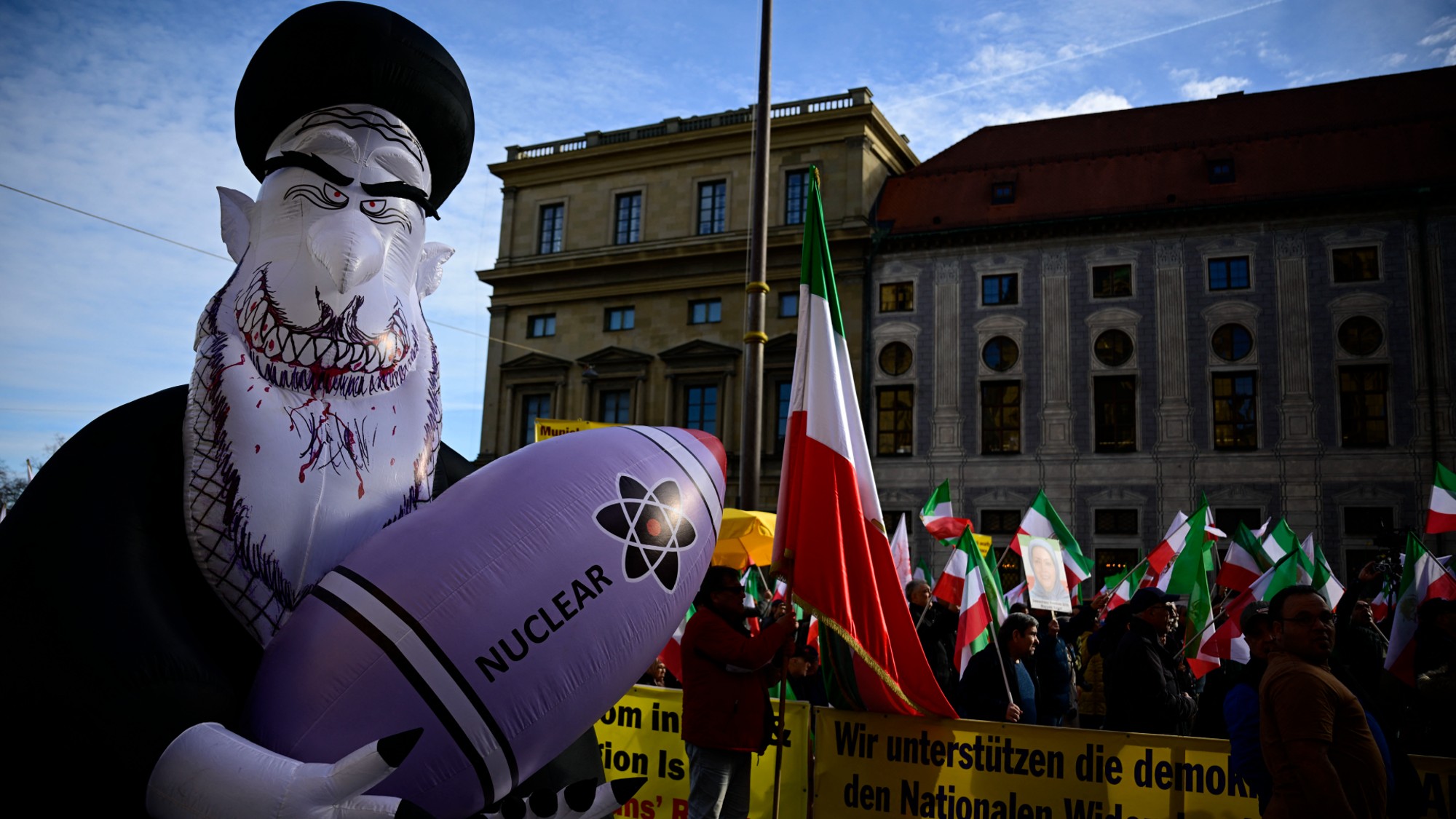 Iran at the nuclear crossroads
Iran at the nuclear crossroadsThe Explainer Officials 'openly threatening' to build nuclear bomb, as watchdog finds large increase in enriched uranium stockpile
-
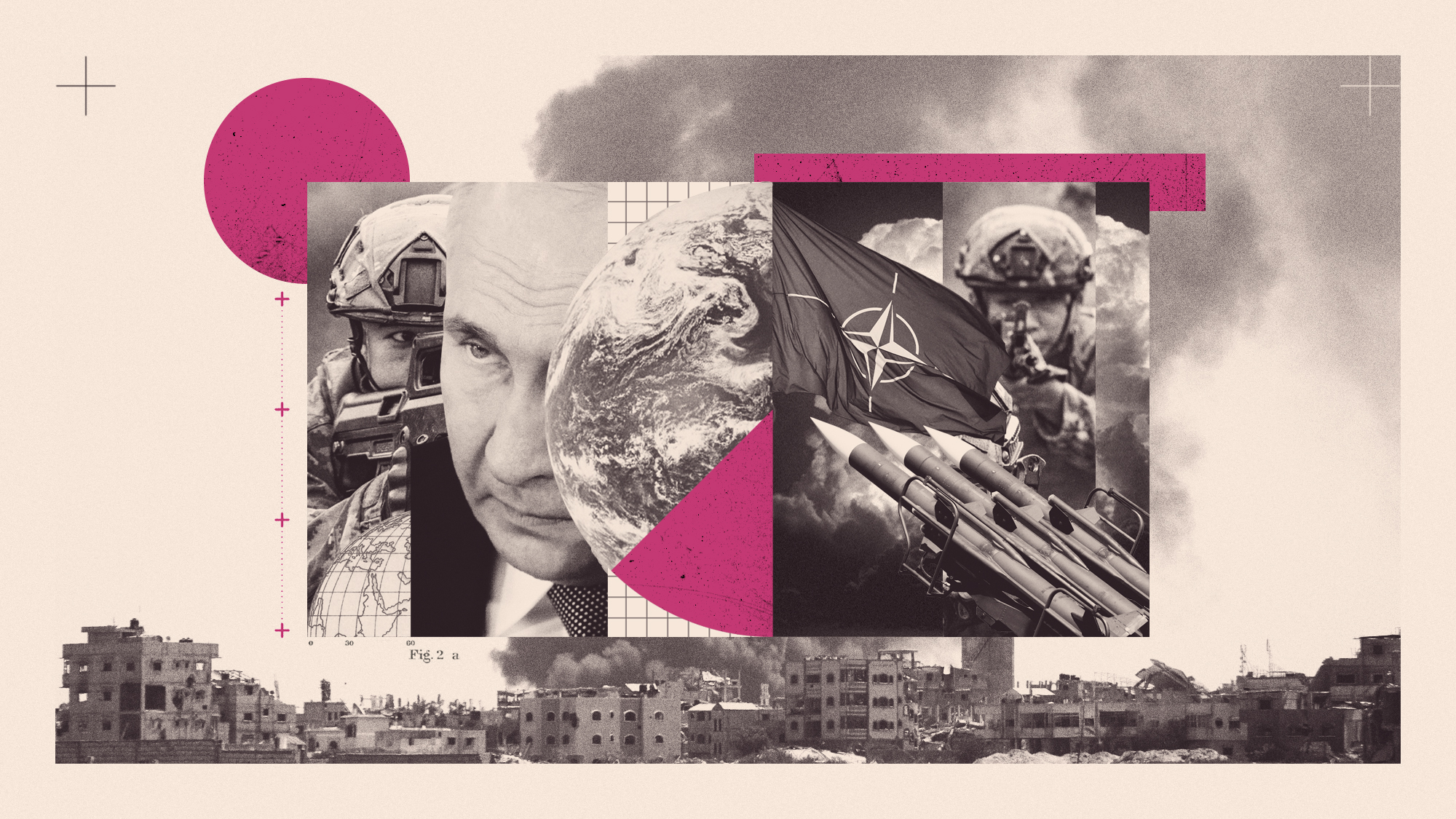 How would we know if World War Three had started?
How would we know if World War Three had started?In depth Most of us probably won’t realise that we are in a global conflict – at first
-
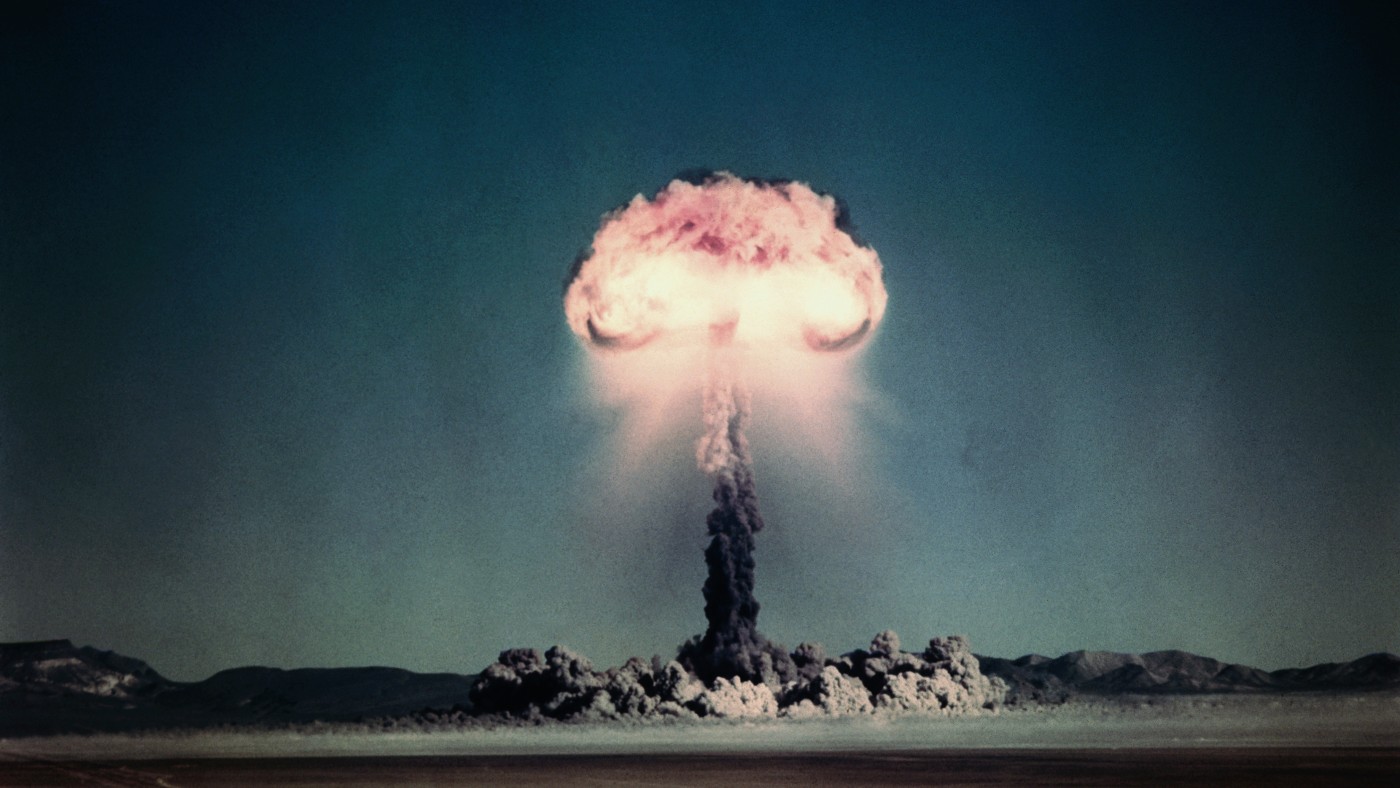 How likely is an accidental nuclear incident?
How likely is an accidental nuclear incident?The Explainer Artificial intelligence, secret enemy tests or false alarms could trigger inadvertent launch or detonation
-
 Is Russia planning to blow up the Zaporizhzhia nuclear power plant?
Is Russia planning to blow up the Zaporizhzhia nuclear power plant?Today's Big Question Ukraine warns of tactical sabotage that could cause radioactive disaster and force Kyiv into peace talks
-
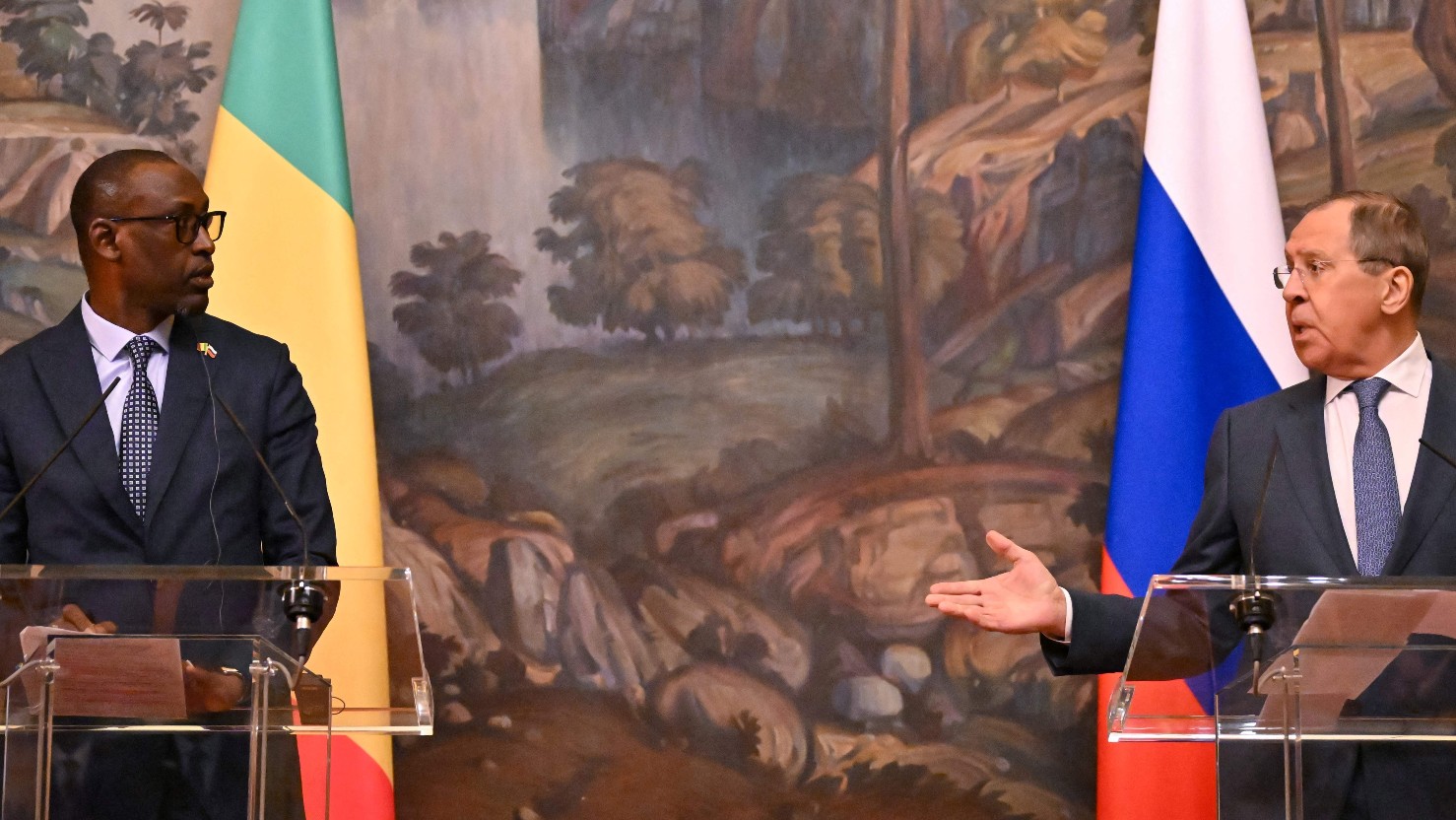 How will Wagner turmoil affect peace-keeping in Mali?
How will Wagner turmoil affect peace-keeping in Mali?feature Mutiny in Russia and expulsion of UN forces threatens to further destabilise war-torn West African nation
-
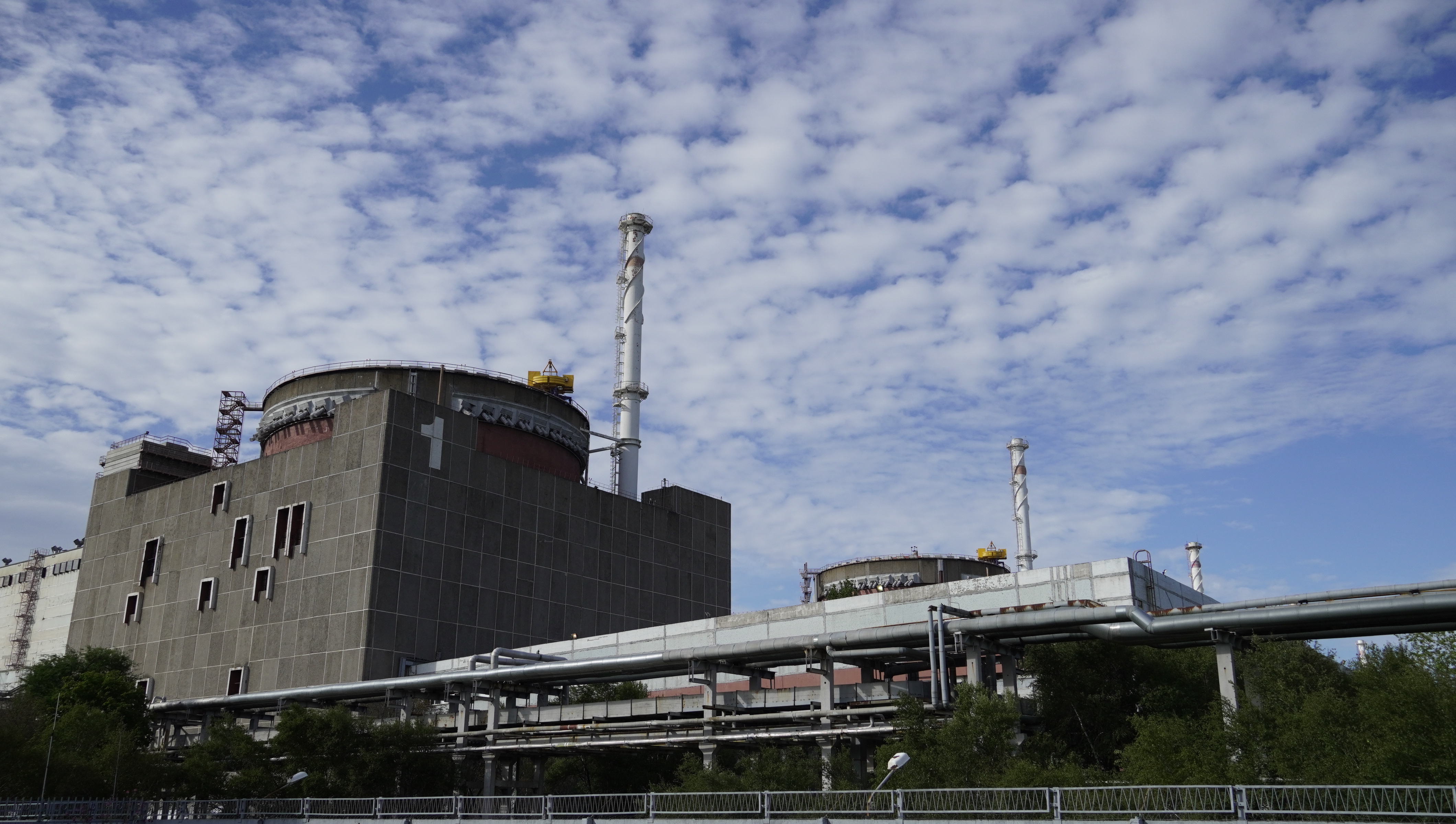 Europe's largest power plant at risk of nuclear accident, Russian officials say
Europe's largest power plant at risk of nuclear accident, Russian officials saySpeed Read